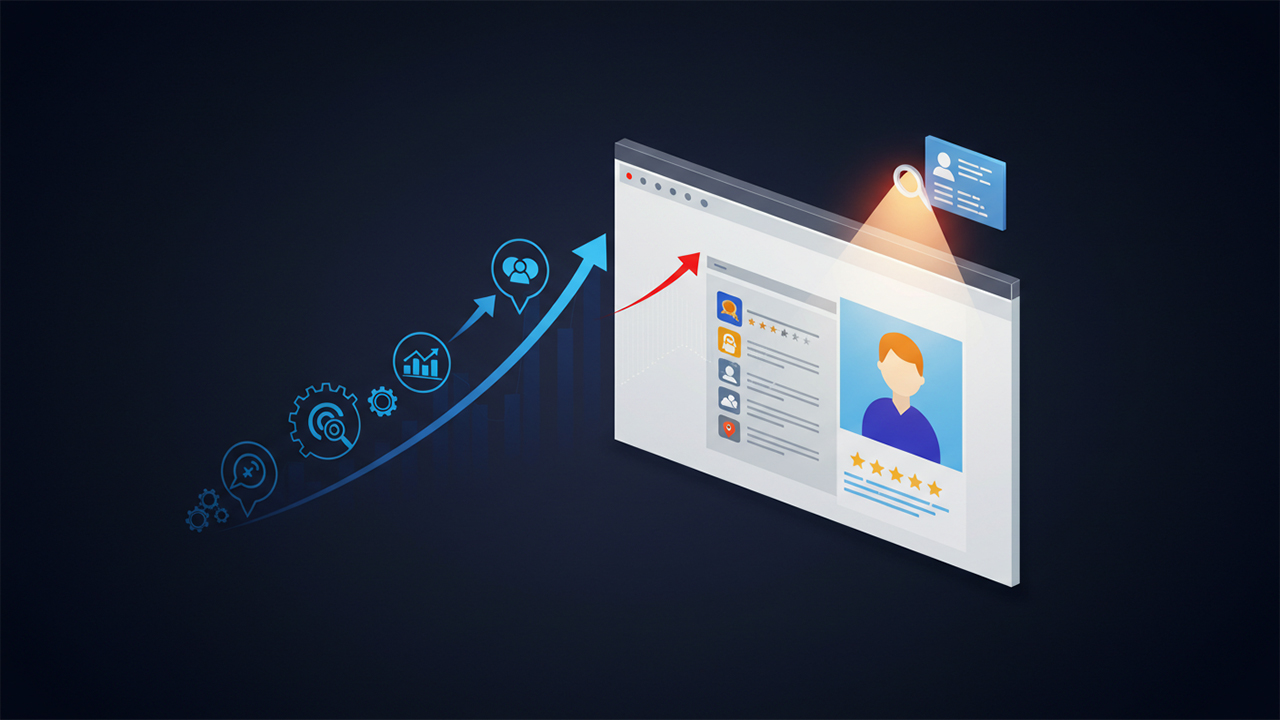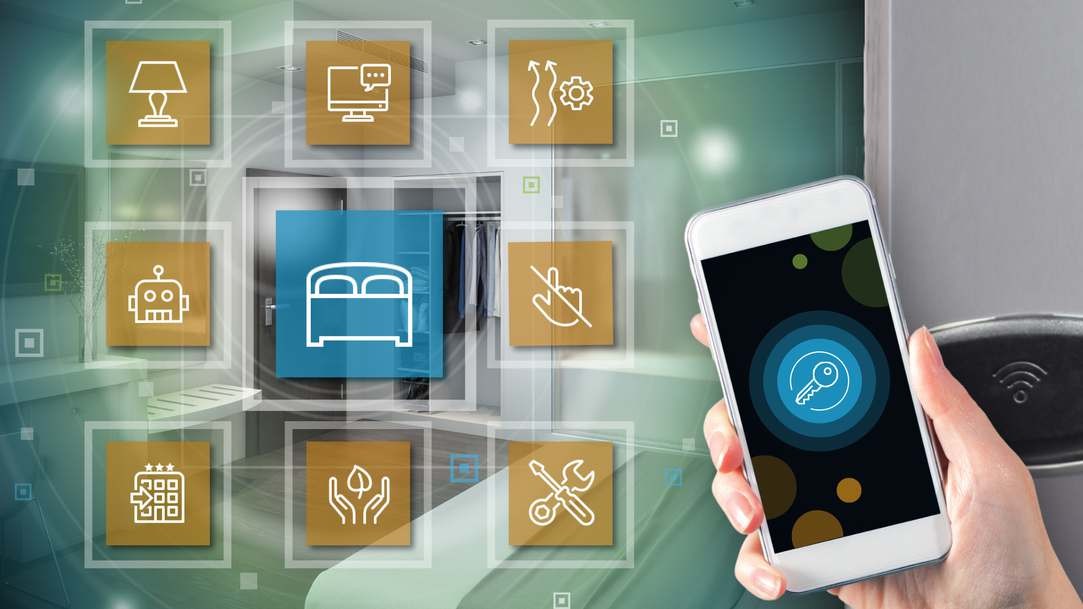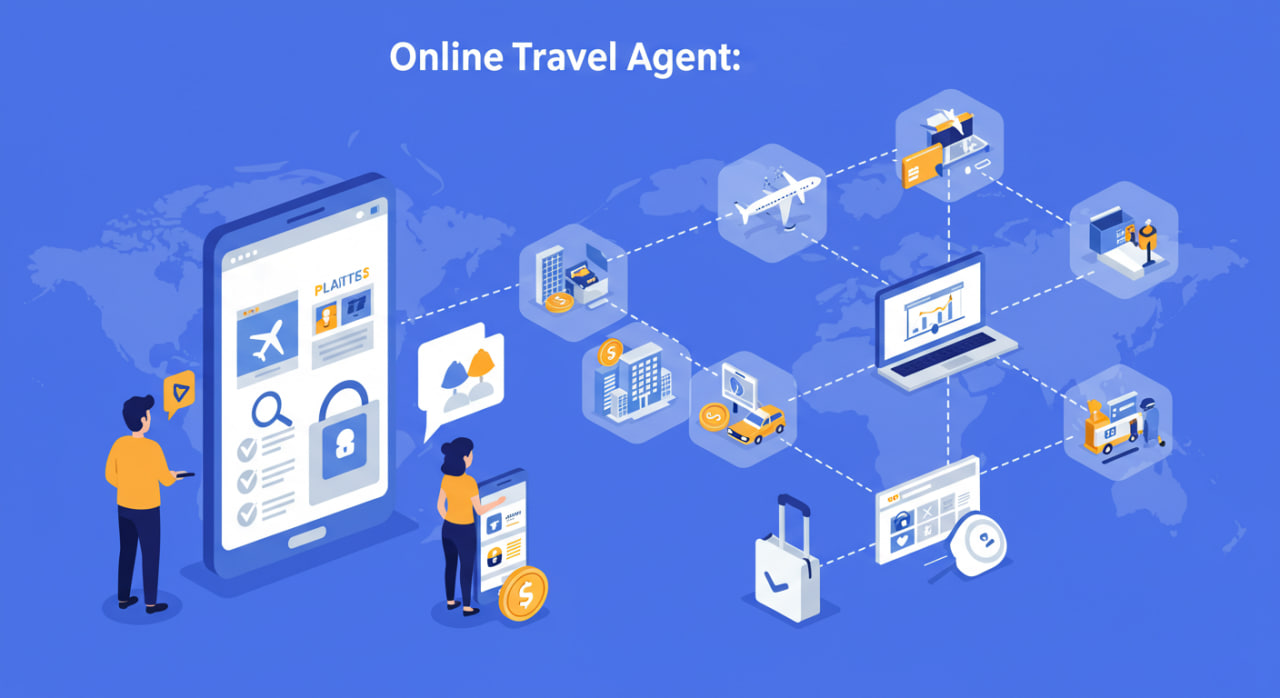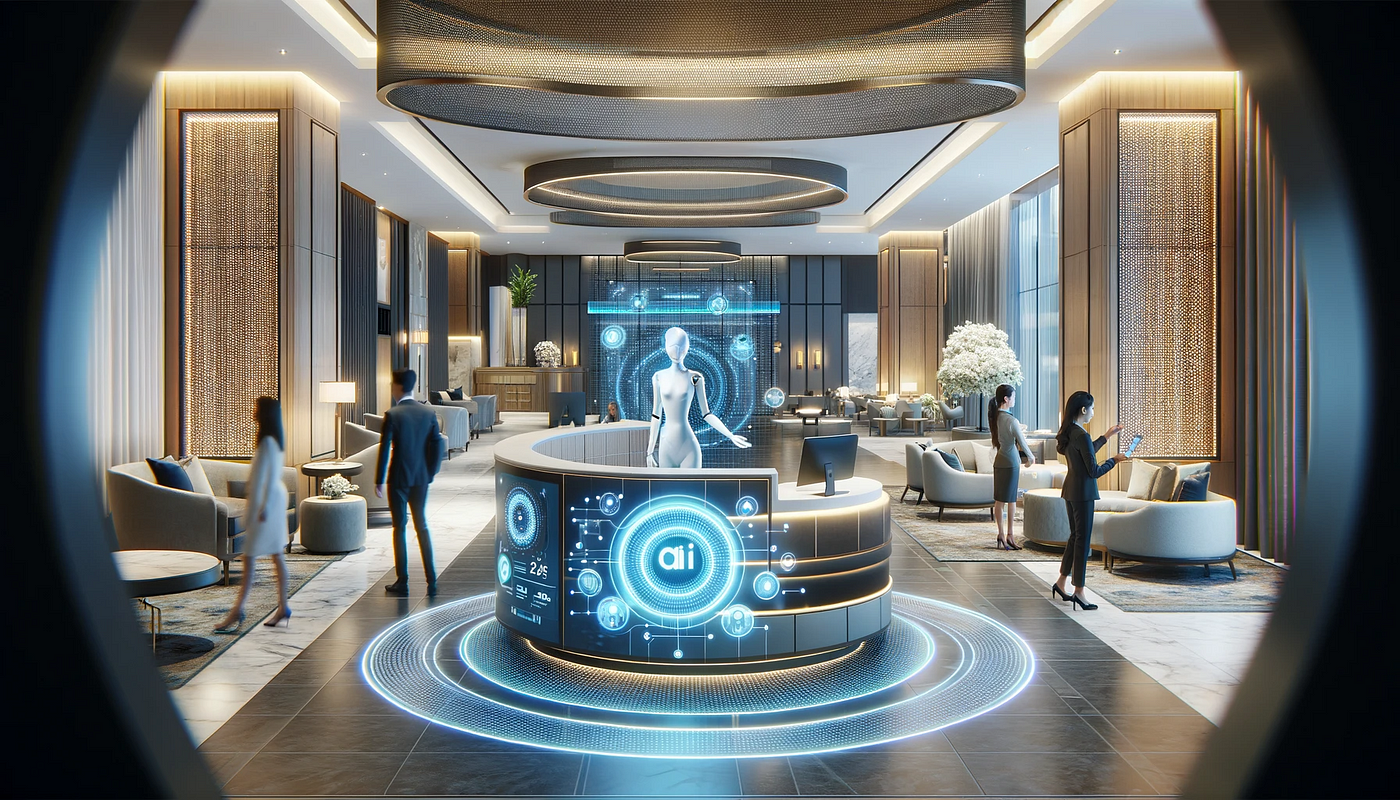The hospitality industry is undergoing a remarkable transformation, driven by technological advancements. Among these, artificial intelligence (AI) is at the forefront, reshaping hotel management operations and elevating the guest experience. From streamlining processes to delivering personalized services, AI is proving to be a game-changer for modern hotels. Let’s dive into the top benefits of using AI in hotel management operations, highlighting its potential to revolutionize the industry.
1. Enhanced Guest Experience: Delivering Personalized and Instant Service
Guest satisfaction is the cornerstone of any successful hotel, and AI is helping hotels meet and exceed guest expectations. AI-powered chatbots and virtual assistants provide instant support, available 24/7 to address inquiries, assist with bookings, or provide information about hotel services. These systems use natural language processing to understand guest needs and deliver relevant responses, fostering a seamless and hassle-free experience.
Moreover, AI enables hyper-personalization by analyzing guest preferences and past behaviors. For instance, an AI system might recommend spa packages to a guest who previously booked wellness services or suggest dining options based on dietary preferences. By anticipating needs and personalizing interactions, hotels can create lasting impressions that build guest loyalty
2. Dynamic Pricing and Revenue Management: Maximizing Profitability
AI is revolutionizing revenue management with dynamic pricing strategies that optimize room rates based on real-time data. Advanced algorithms analyze market trends, booking patterns, competitor rates, and seasonal demand to set optimal prices.
For example, AI can identify periods of low occupancy and suggest discounts to attract bookings while ensuring premium rates during high-demand seasons. This data-driven approach helps hotels achieve a balance between competitiveness and profitability, boosting overall revenue.
3. Predictive Maintenance: Reducing Downtime and Costs
Maintenance is a critical yet often reactive aspect of hotel management. AI changes the game by enabling predictive maintenance. Using IoT sensors and AI analytics, hotel systems can monitor equipment performance, detect anomalies, and predict when maintenance is required.
For instance, an AI system might flag unusual patterns in an HVAC unit, alerting staff to address the issue before it escalates into a costly breakdown. This proactive approach reduces downtime, lowers repair expenses, and ensures that guests enjoy uninterrupted comfort.
4. Optimized Housekeeping: Balancing Efficiency and Guest Satisfaction
AI takes housekeeping operations to a new level by optimizing schedules based on real-time data. By predicting room usage patterns, AI tools can assign priorities to housekeeping tasks. For example, rooms scheduled for early check-ins are cleaned first, ensuring readiness for arriving guests.
This intelligent scheduling reduces waste, improves staff productivity, and enhances the guest experience by meeting expectations for clean and ready rooms. Additionally, AI systems can track inventory levels for cleaning supplies, ensuring efficient resource management.
5. Streamlined Check-In and Check-Out: Reducing Wait Times

AI eliminates one of the most common pain points for hotel guests—long check-in and check-out queues. AI-powered systems facilitate contactless check-ins and check-outs through mobile apps or facial recognition technology. Guests can bypass traditional front desks, check in on their smartphones, and gain room access via digital keys.
This streamlined process not only saves time but also enhances convenience, especially for business travelers or guests arriving after hours. Such innovations demonstrate a hotel’s commitment to efficiency and guest comfort, leaving a positive impression.
6. Smarter Marketing and Deeper Customer Insights
Understanding guest preferences is key to effective marketing. AI excels in analyzing data from booking histories, social media interactions, and feedback to uncover patterns and trends.
With these insights, hotels can craft personalized marketing campaigns, offering tailored promotions to specific guest segments. For instance, a returning guest who frequently visits during the holiday season might receive exclusive offers for festive packages. This targeted approach not only drives bookings but also strengthens guest relationships.
7. Energy Management and Sustainability: Reducing Costs and Environmental Impact
Sustainability is becoming a priority for hotels, and AI plays a significant role in energy management. AI systems can monitor energy usage in real time, automatically adjusting lighting, heating, and cooling based on occupancy.
For example, AI might dim lights and lower the air conditioning in unoccupied conference rooms, reducing energy waste. These measures lower operational costs and align with eco-conscious values, appealing to environmentally aware travelers.
8. Enhanced Security: Ensuring Guest and Staff Safety
Security is a top concern for hotels, and AI strengthens this aspect through advanced surveillance and monitoring systems. Facial recognition technology can verify guest identities at check-in, preventing unauthorized access.
Additionally, AI-driven cameras and software can detect unusual behavior or potential threats in real time, alerting staff to take swift action. These measures create a secure environment for both guests and employees, enhancing trust and peace of mind.
9. Cost Reduction and Operational Efficiency: Automating Routine Tasks
AI automates repetitive administrative tasks, such as booking management, invoice generation, and staff scheduling. This reduces the risk of human error and frees up staff to focus on guest-centric roles.
For instance, AI can automatically update inventory levels or assign staff shifts based on occupancy forecasts, eliminating manual effort. By reducing operational inefficiencies, hotels can lower costs while maintaining high service standards.
10. Future-Proofing the Business: Staying Ahead of Trends
In a fast-evolving industry, staying ahead of technological trends is crucial. AI equips hotels to cater to the needs of tech-savvy travelers by offering innovative services such as voice-controlled room features or AI-powered concierge apps.
As AI technology continues to advance, hotels that embrace it now will be better positioned to adapt to future demands and maintain a competitive edge in the market.
Conclusion
The integration of AI in hotel management operations is not just a trend but a transformative shift in how the hospitality industry operates. From improving guest experiences and optimizing operations to reducing costs and driving sustainability, AI offers unparalleled advantages.
For hoteliers, investing in AI technology is a strategic move to meet the demands of modern travelers while ensuring profitability and growth. As the industry continues to evolve, embracing AI will be key to staying relevant and thriving in a competitive landscape.

 Telegram
Telegram Whatsapp
Whatsapp Messenger
Messenger

















